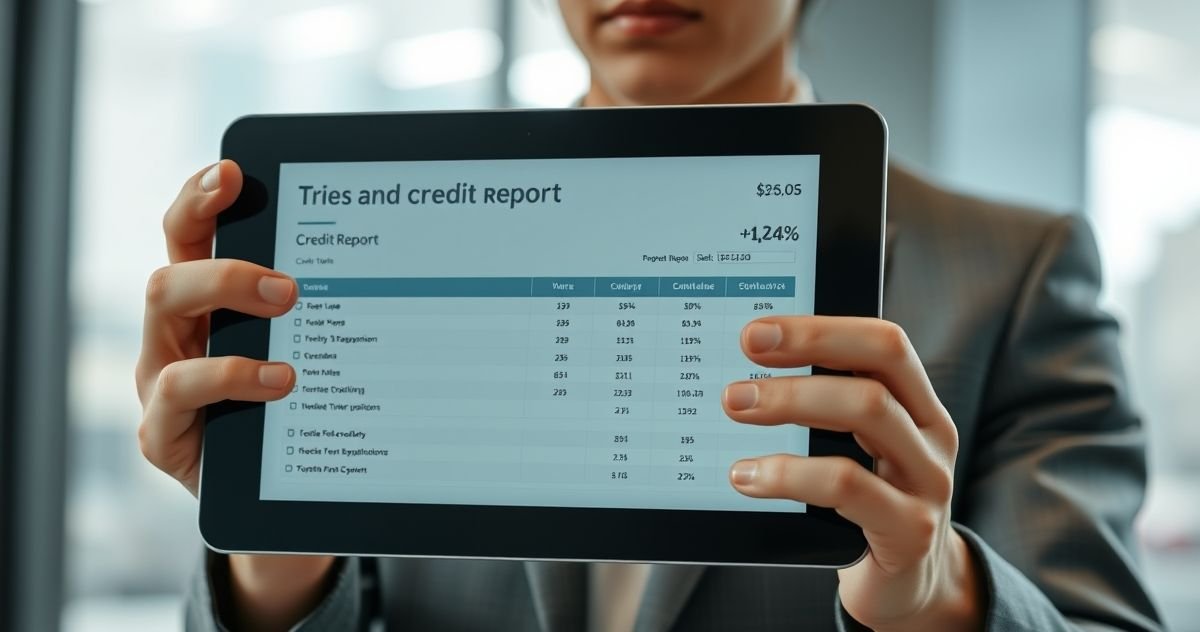Who Typically Has a Thin Credit File?
A thin credit file is common among several groups, often through no fault of their own:
- Young Adults: College students and recent graduates often haven’t had the time or need to open credit accounts.
- New Immigrants: Credit history from another country does not transfer to the U.S., so new residents must start from scratch.
- Cash or Debit Users: Individuals who avoid credit and prefer paying with cash or debit cards do not build a credit history.
- Recently Divorced or Widowed Individuals: If all previous credit accounts were in a spouse’s name, you might need to establish credit independently.
Why Is a Thin Credit File a Problem?
Lenders use your credit report to assess risk. Without enough data, they cannot predict your borrowing behavior, which can lead to several challenges:
- Difficulty Getting Approved: You may be denied for new credit cards, auto loans, and mortgages.
- Higher Interest Rates: If you are approved, you may be offered less favorable terms, such as higher interest rates, resulting in higher borrowing costs.
- Rental Application Denials: Landlords frequently check credit, and a thin file can make them hesitant to offer you a lease.
- Security Deposits: Utility companies and cell phone providers may require a security deposit from customers without an established credit history.
How to Build Your Credit From Scratch
Building a strong credit history takes time and consistent effort, but these strategies can help you get started:
-
Open a Secured Credit Card: This type of card is backed by a cash deposit you make upfront. The deposit amount typically becomes your credit limit. By making small purchases and paying the bill on time each month, the issuer will report your positive payment history to the major credit bureaus.
-
Become an Authorized User: A family member or trusted friend with a strong credit history can add you as an authorized user to their credit card account. Their positive account history may then be added to your credit report, which can help build your file.
-
Get a Credit-Builder Loan: These are small loans designed specifically to help people establish credit. The loan amount is held in a bank account while you make fixed monthly payments. Once you pay the loan in full, the funds are released to you. Your consistent payments are reported to credit bureaus, demonstrating your ability to manage debt.
-
Report Alternative Data: Services like Experian Boost™ or UltraFICO™ allow you to add on-time utility, rent, and cell phone payments to your credit file. This lets you get credit for bills you are already paying.
Best Practices for Managing New Credit
As you build your credit file, it’s crucial to manage your accounts responsibly:
- Pay Every Bill on Time: Payment history is the most significant factor in your credit score.
- Keep Balances Low: Maintain a low credit utilization ratio—the percentage of your available credit that you use. Experts recommend keeping it below 30%.
- Avoid Applying for Too Much Credit at Once: Each application for new credit can trigger a hard inquiry, which can temporarily lower your credit score.
- Monitor Your Progress: Check your credit report for free at least once a year from each of the three main bureaus (Equifax, Experian, and TransUnion) through AnnualCreditReport.com. This ensures your new accounts are being reported accurately and helps you track your progress.
Source:
- Building credit history (Consumer Financial Protection Bureau)

